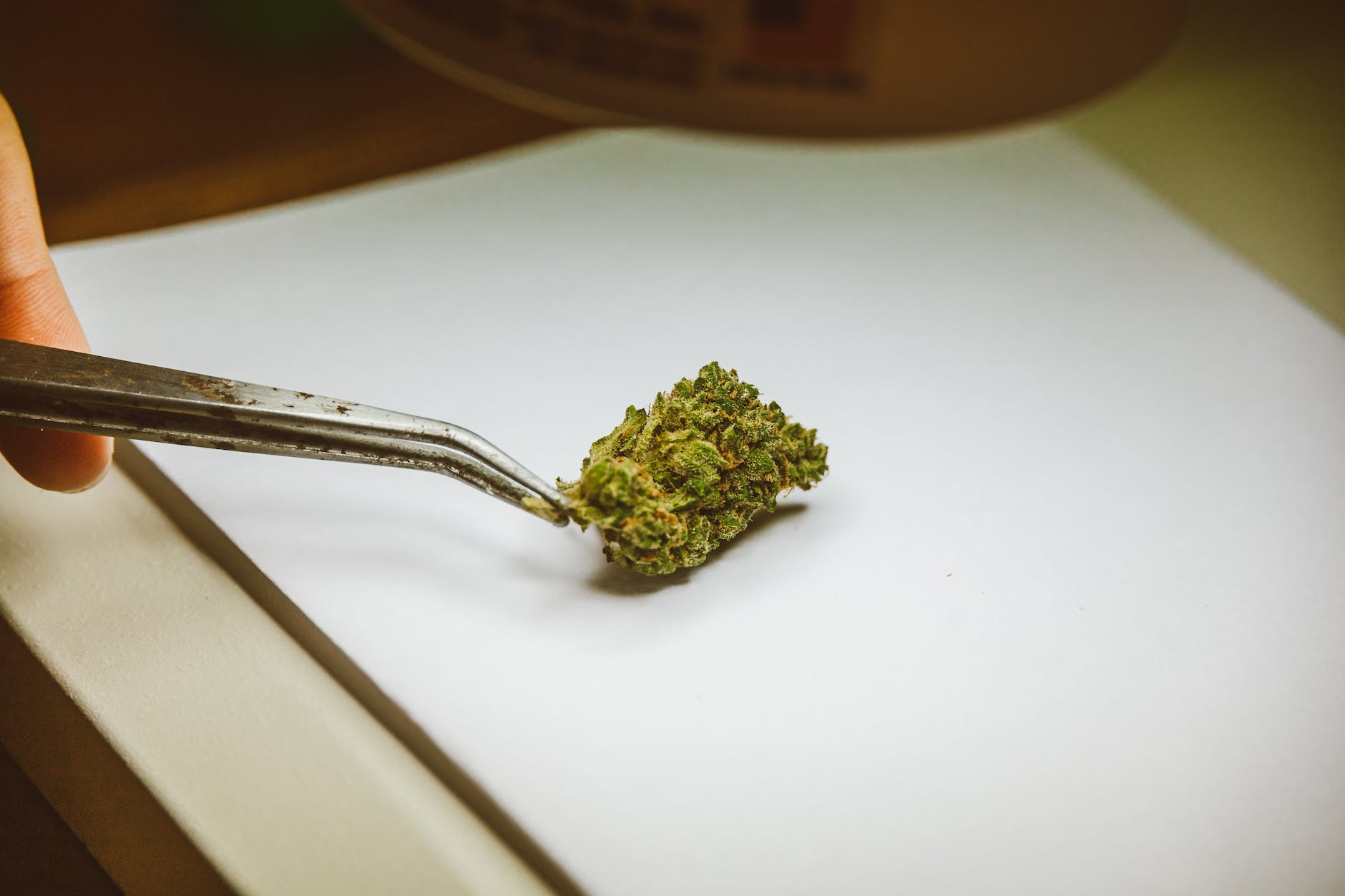Around the globe, the use of medical cannabis for chronic pain relief is becoming more common, pushed forward by an increasing number of studies supporting its potential benefits. If you’re struggling with chronic pain, the possibilities offered by cannabinoids, including THC and CBD, might be an alternative route to explore with your healthcare provider.
Chronic pain is a complex condition that affects millions worldwide, often leaving patients to struggle with reduced quality of life and frequent disruptions to their daily activities. Traditional medications are not always effective, bringing about the need for alternative medicine and natural remedies to provide relief. The continuous discomfort of chronic pain can be significantly distressing to both the mind and body, prompting the need for more effective pain management strategies.
Enter medical cannabis. As a natural product with fewer side effects compared to many traditional pain medications, cannabis could be a viable alternative for patients troubled with chronic pain. This perspective is increasingly backed by new scientific evidence, highlighting the possible health benefits of cannabis for chronic pain sufferers.
In the complex cannabis plant, the most well-known compounds are Tetrahydrocannabinol (THC) and Cannabidiol (CBD). Both have unique properties, with THC offering psychoactive effects commonly associated with a “high,” and CBD providing non-psychoactive effects.
Studies have shown that THC and CBD may work together to reduce pain. A review of 28 studies found that medical cannabis was associated with improvements in pain. Further research, however, is needed to fully understand how these compounds interact with the body’s endocannabinoid system to alleviate chronic pain.
One of the significant potential benefits of medical cannabis for chronic pain patients is the reduction in opioid use. In recent years, the opioid epidemic has highlighted the dangers of over-reliance on these medications for pain relief. In a 2018 study, cannabis was shown to reduce opiate usage among patients with chronic pain.
Not only does medical cannabis show promise in managing pain, but it may also help address other chronic pain-related symptoms such as sleep disturbances and mood changes. Studies have suggested that cannabis can improve sleep quality, a fundamental element in overall health and wellness. Similarly, some research indicates that medical cannabis could have anxiolytic (anxiety-reducing) properties, potentially improving the mood of those suffering from chronic pain.
However, it’s important to note that while medical cannabis has shown promise as a potential alternative for pain management, it’s not without risks. Possible side effects may include dizziness, dry mouth, and impaired cognitive function. In certain individuals, long-term use of cannabis might also contribute to mental disorders such as schizophrenia or psychosis. Therefore, it’s crucial to consult with a healthcare provider before starting or changing a treatment regimen.
The ever-evolving field of medical cannabis continues to bring hope for many chronic pain patients. Given its potential benefits – pain relief, reduced opioid use, and improved sleep and mood – it’s clear why medical cannabis has become an increasingly popular option for many seeking to manage their discomfort naturally. As research in this area grows, medical cannabis may play a significant role in changing the way we understand and treat chronic pain, making it a promising frontier where traditional pharmacology meets alternative medicine.
In conclusion, medical cannabis is increasingly being recognized as an effective option for chronic pain management. However, as with any treatment, it’s critical to consider the potential risks and to discuss them with a healthcare provider. Whether medical cannabis is a suitable treatment will vary between individuals and should be decided in consultation with a medical professional, taking into account their specific circumstances and overall health.


